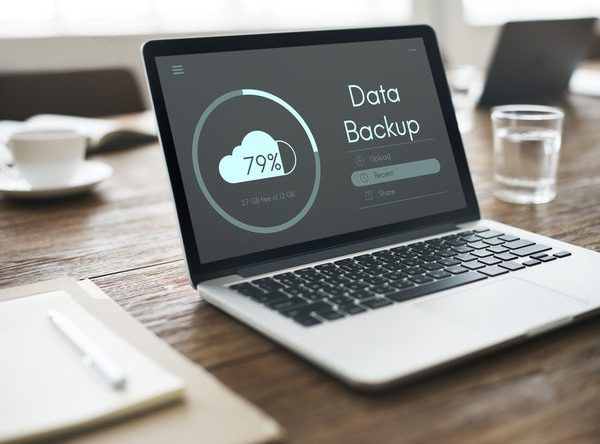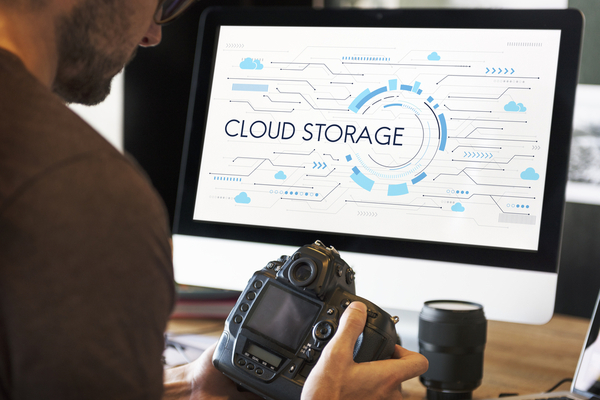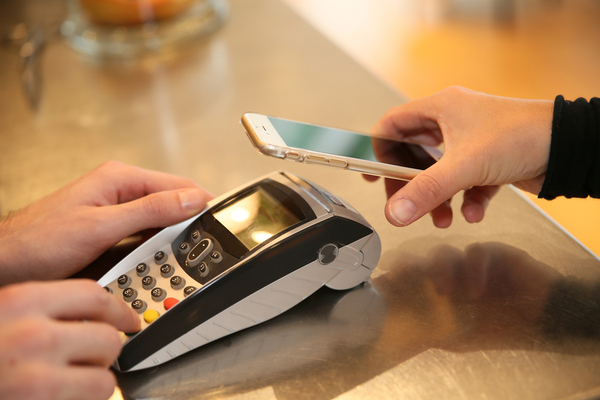What is blockchain? And why should you be thinking about it?

It’s fair to say that over the past several years blockchain has developed something of a mixed reputation.
It hit the internet and initially knocked it sideways – hailed as the new revolutionary way of the future. And it still has that potential.
Mostly, all the original hype around blockchain was centred around the excitement associated with cryptocurrency, in particular Bitcoin – blockchain was originally devised as a public transaction ledger for Bitcoin.
And, over time, blockchain is proving itself to have many other uses.
“In my view,” says Michael Mekhitarian, “it is only a matter of time before it becomes more widely used as a technological platform to support all aspects of business, not just cash-less transactions. It is also my view, that small businesses who ignore it, do so at their peril.”
What is blockchain?

The simplest definition of blockchain is that it is a technological platform that enables information to be distributed, but not copied.
“Most techno-geeks liken blockchain technology to ‘Google Docs,” explains Michael.
“So, imagine a spreadsheet or a word document that is duplicated many times across a network of computers. Blockchain technology allows multiple users to update the information in the document simultaneously. It also allows those users accessing the document to see each other’s revisions in real time.
This means that everyone is working on the ‘current’ version at the same time.
“Not only does this save time and effort when, for example, you have a team working on a marketing proposal or when your team leaders are inputting their draft department budgets into the same master budget document… it’s also incorruptible.”
And here’s why. The blockchain database isn’t stored in any single location, nor is it held by any singular entity (which would make it vulnerable to hackers), it is hosted by all users in various locations. This is what is meant when it is referred to as ‘decentralised’.

Accountability and transparency
Aside from security, blockchain also offers transparency and accountability. The blockchain ‘checks-in’ with itself about every ten minutes, does a self-audit and reconciliation – and each “block” of information remains stored within the system.
Information can be appended, but never deleted. Ultimately this provides the opportunity to track every single step of history, in any given situation.
Applications for small business
“Blockchain is a useful technological tool for small businesses spanning every industry including finance, real estate, healthcare, education, health and more,” says Michael.
“Key areas, are cloud storage, business contracts, payment methods and supply chain management,” he says.
Let’s look at each of these in more detail.

1. Cloud storage
Anyone who is already using cloud storage knows how useful it is.
But many are still skeptical of security, and it’s a fact that there have been some major hacks.
But blockchain offers an alternative – at a relatively cost-effective price. And Cloud storage is now embracing the ‘decentralised’ model enabled by blockchain, and its newer versions are based on this innovative technology.

2. ‘Smart contracts’
Every business needs contracts at some time or another, whether it be agreements between owners, with employees, with landlords, suppliers or customers.
Blockchain is paving the way for “smart contracts” – or self-executing contracts – that mean you can do away with the lawyers. While this application is in its infant stages, it has the potential to significantly lower costs for small business, through avoiding legal fees.

3. Payment solutions
While most businesses are operating with less cash, notes and coins still exist. As we move towards more and more cash-less transactions, blockchain-backed payment platforms offer cryptocurrency transactions, an alternative to cash through the option to transfer funds directly, securely and instantly.
The big win with these kinds of transactions is no fees and no intermediaries, that is, the bank.
Now, while there are currently concerns that because without the banks there’s no protection, insurance or assurance if something goes wrong, the thing to remember is that the blockchain technology is incredibly secure (sure nothing is ever completely invulnerable) but records can be traced. Which means transparency at every step of the transaction.
That said, it takes a bit of a mindset shift in terms of ‘trust’, but with some of our biggest, most reputable banks behaving badly and continuing to make phenomenal profits, (anyone remember the 2018 Royal Commission?) it is only a matter of time before people become more comfortable with the idea of doing business without banks in the middle. Eventually, when cash is no longer available, blockchain payment solutions will be a necessity.

4. Supply chain management
A blockchain-backed supply chain means that each transfer is documented, from manufacture to sale.
As each step is recorded, there’s no potential for fraud, and there’s improved inventory management and reduced delays.
Many more uses will become obvious as blockchain grows further.
Advantages
“The advantages for facilitating and improving current processes really will change the way we currently do things,” says Michael. “Many repetitive administration tasks will be able to be further automated, and the virtual paper trail means that businesses have a great deal of control over their information.”

Businesses need to be ‘on guard’
It’s not appropriate to jump in too early, warns Michael, but technology is moving at a rapid pace, so it’s worth undertaking some research and prior planning so you understand both applications and implications for your business when the time comes.

Making a mind-set shift
“We’re also at a really interesting time in the workforce,” observes Michael. “Many businesses are owned and operated by Baby Boomers and Gen X-ers who are, by and large, inherently un-trusting of new technology, at least until it really proves itself.
“But these Boomers and X-ers are employing Gen Y’s and Millennials who have a different view. They’ve grown up with the internet – they respect it, and have high expectations of both its capabilities and its ability to deliver.
“Plus,” he says, “many of those people in the younger demographics are starting businesses of their own. They’re really open to technology and what they can gain from it. It can be a competitive advantage when used appropriately.
“This particular mindset is really what all businesses owners, regardless of who they are, where they are based. or what they do, need to embrace right now, because times are changing, quickly, and there’s more digitisation on the way… stuff we haven’t even imagined yet.”
